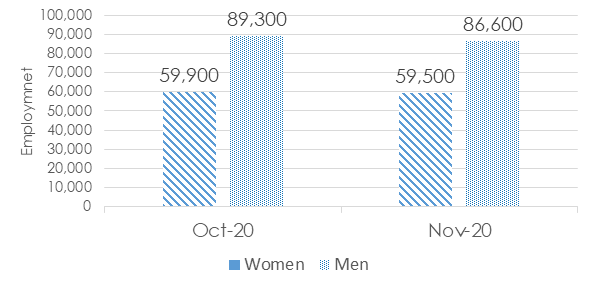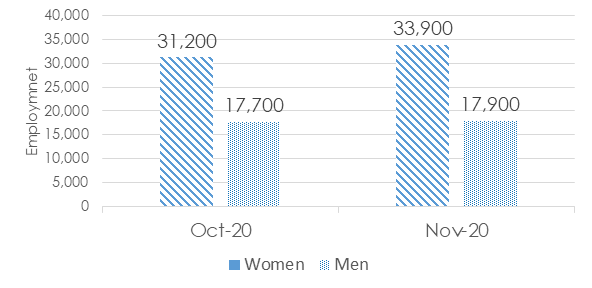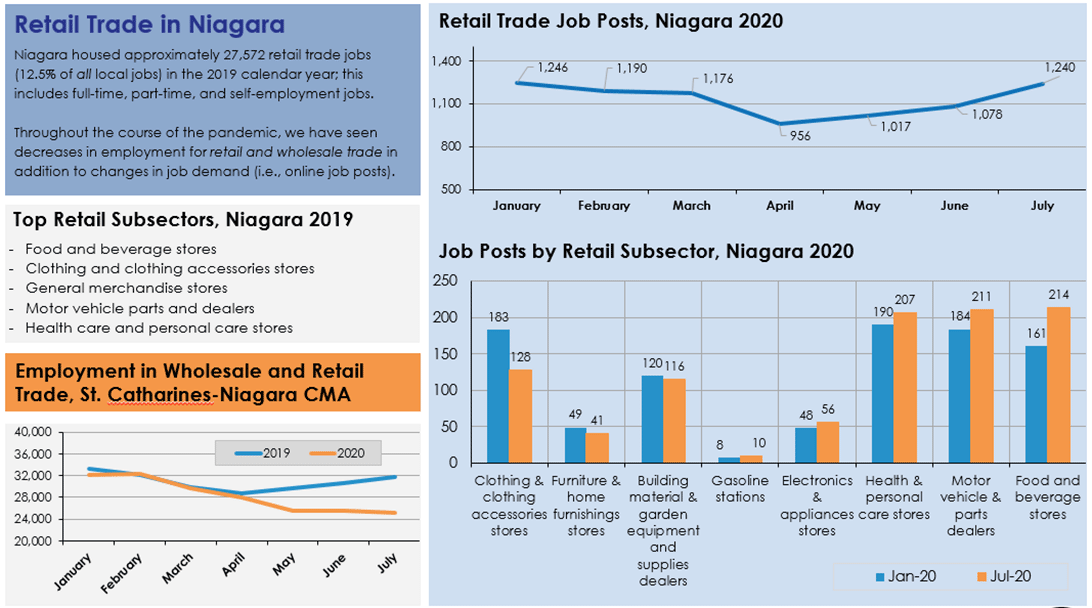
Vital updates:
- Health Canada received Pfizer’s submission on October 9, 2020 and after a thorough, independent review of the evidence, Health Canada has determined that the Pfizer-BioNTech vaccine meets the Department’s stringent safety, efficacy and quality requirements for use in Canada. As part of its continued commitment to openness and transparency, Health Canada is publishing a number of documents related to this decision, including a high-level summary of the evidence that Health Canada reviewed to support the authorization of the vaccine. More detailed information will be available in the coming weeks, including a detailed scientific summary and the full clinical trial data package. The vaccine was authorized under Health Canada’s Interim Order Respecting the Importation, Sale and Advertising of Drugs for Use in Relation to COVID-19.
- The Bank of Canada today maintained its target for the overnight rate at the effective lower bound of ¼ percent, with the Bank Rate at ½ percent and the deposit rate at ¼ percent. The Bank will also continue its quantitative easing (QE) program, which continues at its current pace of at least $4 billion per week. In Canada, national accounts data for the third quarter were consistent with the Bank’s expectations of a sharp economic rebound following the precipitous decline in the second quarter. The labour market continues to recoup the jobs that were lost at the start of the pandemic, albeit at a slower pace. CPI inflation in October picked up to 0.7 percent, largely reflecting higher prices for fresh fruits and vegetables. While this suggests a slightly firmer track for inflation in the fourth quarter, the outlook for inflation remains in line with the October MPR projection. Measures of core inflation are all below 2 percent, and considerable economic slack is expected to continue to weigh on inflation for some time. The Governing Council will hold the policy interest rate at the effective lower bound until economic slack is absorbed so that the 2 percent inflation target is sustainably achieved. The Bank projects that this will not happen until into 2023.
- The Ontario government is temporarily waiving multiple driver’s licence renewal requirements so that all Class G and M drivers can now safely renew their licences online at ServiceOntario.ca. Starting today, senior drivers aged 80 and above may renew their driver’s licences without completing a Group Education Session. In addition, drivers who would normally be required to visit a ServiceOntario centre to update their driver’s licence photo may now renew online using their current driver’s licence photo. While Ontario has temporarily extended the validity of driver, vehicle and carrier products that would have expired on or after March 1, 2020 until further notice, it is strongly encouraged that everyone renew their driver’s licence and licence plate stickers, especially those who need to travel outside Ontario this winter for essential purposes.
- The Ontario legislature has adjourned for 2020, two days earlier than scheduled, although the house did sit for several days over the summer when not expected to. Legislators are expected to reconvene on February 16th. The government announced that it had met its commitment in this session to protect the health and safety of the people of the province during the COVID-19 pandemic, and passed thirty-six bills. Opposition leader Andrea Horwath, M.P.P. criticized the move, remarking that she felt that members should continue to sit during the second wave, and that $12 billion in COVID funding had yet to be allocated.
- The Ontario government introduced the Workplace Safety and Insurance Amendment Act, 2020 that would, if passed, protect employers from an unexpected increase in Workplace Safety and Insurance Board (WSIB) premiums, while maintaining an increase to the maximum earnings cap for worker benefits. The loss of jobs among lower wage workers, including those in the retail, hospitality and the service sector, during the COVID-19 pandemic has resulted in an increase in the average industrial wage (AIG) of Ontario workers by 7.8 per cent, compared to an average increase of 2-3 per cent. The proposed amendment would limit the impact the increase the AIG has on WSIB premiums to 2 per cent.
- Construction has commenced on the Niagara Falls Exchange Culture Hub and Market. To mark the beginning of construction of the Exchange, the City of Niagara Falls held a virtual, COVID friendly, groundbreaking and have produced a short video to celebrate this milestone. Located in the historic Main and Ferry district, the Exchange will include a large culture and market hall, café, artist studios, and a creative workshop surrounded by two multi-functional civic plazas that interconnect the flanking streets. The Market Hall, which will house the regularly scheduled Farmers’ Market, will be a space for other events that include music, theatre, lectures and other weekend markets.
- U.S. antitrust officials and a coalition of a states have filed suit against Facebook Inc. for allegedly abusing its dominance to crush competition. The FTC lawsuit seeks a court order unwinding Facebook’s acquisition of Instagram and WhatsApp. The case represents the biggest regulatory attack against Facebook in the company’s history. If the FTC and the states are ultimately successful in proving that Facebook has violated antitrust laws, the company could be ordered to separate its main social media platform from Instagram and WhatsApp. The news follows the filing of antitrust charges against Google by the U.S. Department of Justice in October, an investigation into Amazon by the Competition Bureau of Canada, and the European Union’s filing of antitrust charges against Amazon, which in turn follows the Union’s $10 billion of antitrust fines levied against Google and two antitrust investigations into Apple.
Reading recommendations:
- The Myth of Universal Health Care, Nadine Caron, Danielle Martin, The Walrus
Health care systems exist to prevent and treat illness. What this means, as a matter of medical practice and health policy, is a matter of enormous ongoing debate. When Tommy Douglas implemented public health insurance in 1947, his Saskatchewan government focused first on covering hospitals and later on medical care—at that time mainly defined as physician services. This model spread across the country in the decades that followed, with the support of the federal government and its spending power. Canada does a reasonably good job on these basics. Despite unevenness and variability, our national performance on a wide range of health indicators is generally strong. But, if you are among the 20 percent of Canadians lacking adequate drug coverage and you walk out of your doctor’s office with a prescription for medication to treat your diabetes or high blood pressure or infection or depression, you may be on your own. If you require therapy with a psychologist for anxiety, or physiotherapy for your sports injury, or a root canal, your access will depend on your ability to pay.
- What seven ICU nurses want you to know about the battle against covid-19, The Washington Post
They have been at this for almost a year. While politicians argued about masks, superspreader weddings made the news, a presidential election came and went, and at least 281,000 Americans died, nurses reported for work. The Post asked seven ICU nurses what it’s been like to care for the sickest covid patients. This is what they want you to know.
Featured Content
- Mental Health In The Canadian Workplace & The Impact On Organizational Leadership, Pollice Management
According to the Mental Health Commission of Canada (MHCC) one in five Canadians experience or are experiencing mental health challenges or illness each year. This means that approximately 500,000 employees are unable to work everyday due to mental health challenges. Morneau Shepell a provider of Human Resource services that deliver an integrated approach to employee wellbeing reports that mental health issues in the workplace are among the top concerns for Canadian organizations and these concerns are well founded.
If you are showing symptoms, contact your health care provider, call the Public Health Info-Line at 905-688-8248, or chat to Public Health online. For testing, call 905-378-4647 ext. 42819 (4-CV19) for information on test centres in Niagara and to book an appointment.
Previous updates can be accessed here.
The GNCC is here to support you. Contact us with any questions you have.








